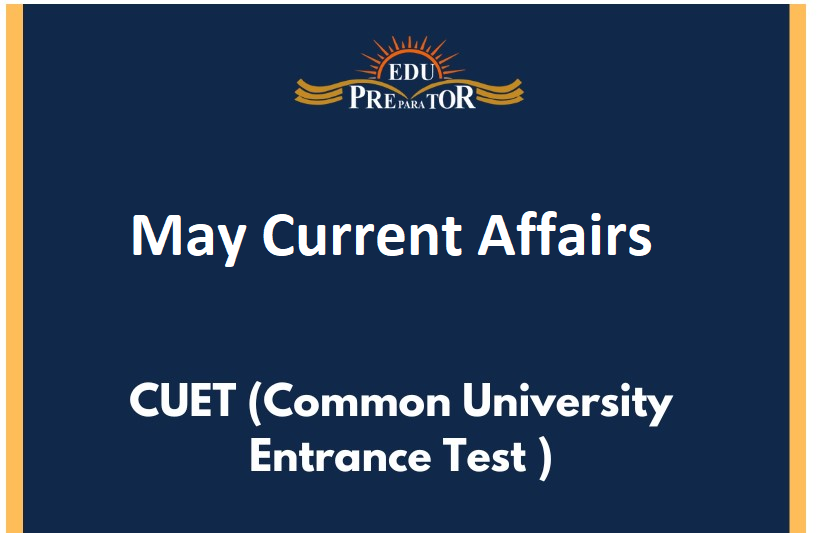
Digital Arrest Scams: An Emergent Threat and the Countermeasures
1: Introduction and Context
- 'Digital arrest' scams are a rising trend in India, and the Ministry of Home Affairs (MHA) has raised an alarm about it.
- Cybercriminals, masquerading as government officials, intimidate and con innocent individuals into giving them money.
- The Indian Cyber Crime Coordination Centre (I4C), in collaboration with Microsoft, is also aiding efforts to combat these digital scams.
2: Understanding Digital Arrest Scams
- Scammers impersonate officials from the police, RBI, CBI, Enforcement Directorate, and the Narcotics Department.
- The standard modus operandi is to allege the victims' involvement in illegal activities, such as handling contraband items or having relations involved in criminal activities.
- There are cases where victims are subjected to a 'digital arrest,' forced to remain on video calls with the fraudsters until their demands are met.
- The end goal of these scams is to extort money by threatening to expose fabricated legal cases.
3: Countermeasures Against Digital Arrest Scams
- The I4C has taken proactive steps, including blocking over 1,000 Skype accounts associated with these scams.
- Further, the I4C is working on blocking the SIM cards, mobile devices, and mule accounts used by the scammers.
- The MHA has identified that the scams are frequently linked to cross-border crime syndicates, indicating a substantial online economic crime network.
- Alert mechanisms have been activated, with I4C issuing warnings about such scams through its social media platform "cyberdost" and other
- Victims are urged to immediately report any such occurrence on the National Cyber Crime Reporting Portal or the cybercrime helpline
4: About the Indian Cybercrime Coordination Centre (I4C)
- The I4C is an arm of the MHA, established in New Delhi to provide a framework for law enforcement agencies to tackle cybercrime comprehensively and collaboratively.
- I4C functions as the central point to curb cybercrime in the country.
- It introduces suitable amendments to cyber laws according to evolving technologies and facilitates international cooperation.
- Helping in coordinating the implementation of Mutual Legal Assistance Treaties (MLAT) is also one of its major roles. MLAT is a bilateral agreement among countries enabling the exchange of information and evidence to enforce criminal or public laws.



Comments
Nam cursus tellus quis magna porta adipiscing. Donec et eros leo, non pellentesque arcu. Curabitur vitae mi enim, at vestibulum magna. Cum sociis natoque penatibus et magnis dis parturient montes, nascetur ridiculus mus. Sed sit amet sem a urna rutrumeger fringilla. Nam vel enim ipsum, et congue ante.
Cursus tellus quis magna porta adipiscin
View All